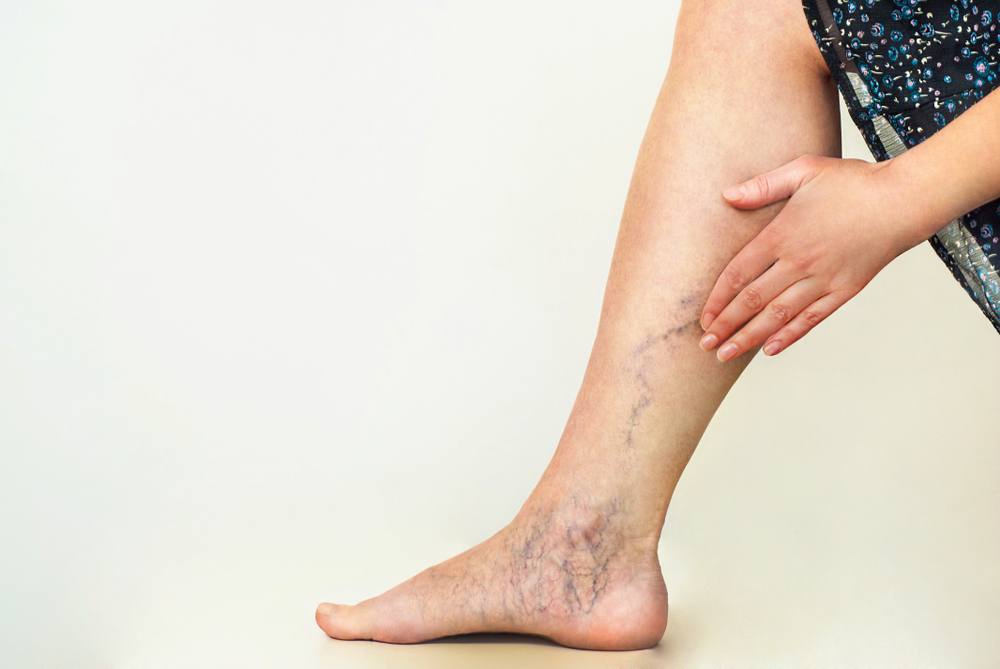5 Cardiac Conditions you need to know about!
There are numerous heart conditions and problems that are collectively known as heart disease. Only a heart specialist or a health professional can advise you and diagnose your heart condition and its treatment, hence it is always best to consult with them.
Different heart conditions disturb the ability of our heart to work well. It is obviously confusing and worrying when one is diagnosed with a heart condition. However, there are various sources available for you to understand what is going on, thus helping you to worry a little less.
Here are 5 heart conditions that you need to know about.
1. Coronary heart disease
CHD, or Coronary Heart Disease, is a heart condition in which the supply of blood to the heart is interrupted or even blocked by the buildup of fatty substances. The fat accumulates in the coronary arteries disrupting the flow of blood.
When you take in a lot of fat in your diet, there are high chances that the walls of your arteries start getting furred up with fatty deposits. These fatty deposits are known as atheroma, and the condition is called atherosclerosis. When layers of fat are deposited in the arteries, they become narrow, affecting the supply of blood to your heart.
Considering all the aforementioned points, if a coronary artery gets blocked partially, it may start causing chest pains known as angina. In cases where it gets completely blocked, it can even cause a heart attack, scientifically called myocardial infarction.
2. Angina
When your arteries become narrow, you might start feeling discomfort or pain in your chest, neck, arms, stomach, or jaw. This is a heart condition known as angina. Angina is basically a symptom of coronary heart disease.
The pain you feel due to angina is an indication that you are not receiving enough oxygen while doing anything strenuous or when feeling stressed. A lot of people can recognize how much activity can bring on an angina attack, which is called stable angina.
Stable angina, again a symptom of coronary heart disease, is generally brought with an increase in exercise or emotional stress. This is because the heart muscles need more oxygen, and they are not getting enough. The feeling of stable angina is mild and uncomfortable, much like the feeling of indigestion.
On the other hand, an angina attack can be severe and might cause tightness and heaviness in the center of the chest. It may also start spreading to the arms, jaw, neck, back, or stomach. In some cases, people also complain about breathlessness. The symptoms usually fade away within 15 minutes and can also be relieved by rest and using a nitrate spray or a tablet.
Around one in 50 people suffer from angina. It is more common in males than females, and the chances increase with the increase of age. You should always consult a heart specialist if you feel any chest pain. It is better to get yourself checked.
3. Heart Failure
This is a serious heart condition, but it does not actually mean your heart has failed. It means that your heart has stopped pumping blood as efficiently as it should.
The left side of our heart pumps blood to our body, including the kidneys as well as the brain. The right part, however, pumps blood to the lungs. Normally, heart failure affects the left side of our heart and sometimes can even affect both. When the left side of the heart faces problems, it might create pressure, which eventually leads to the failure of the right side.
The symptoms of this disease depend on the side of the heart that has been affected. Symptoms are usually severe but can be treated by allowing you to control its effects and live a normal life.
Heart failure may be caused by conditions like high blood pressure or heart attack. The condition is known to affect people over 65 years of age. It is more common in males than in females.
4. Arrhythmia
The stimulation of the heartbeat is caused by the electrical system of the heart muscles. If these electrical signals get disturbed, your heart might beat too quickly, too slowly, or in an irregular way. This particular heart condition is called arrhythmia.
Our heart beats around 60 to 80 times per minute. This rhythmic beating depends on the electrical signals that are conducted inside the heart. However, sometimes, when the heart beats abnormally, it might be because of arrhythmia.
Coronary heart disease, high blood pressure, heart valve problems, or other complications from heart surgery or heart attack are the common causes of arrhythmia. There are different types of arrhythmias; some are harmless, while others are quite severe and should be treated.
Irregular arrhythmias can occur due to taking caffeine regularly in the form of coffee or fizzy drinks. Cigarettes, alcohol, illegal drugs, and stress can also lead to arrhythmia. Changing your diet and lifestyle in a positive way can reduce your chances of suffering from the disease. Also, a heart specialist might suggest you get an artificial pacemaker device fitted depending on the severity of the symptoms.
5. Congenital heart conditions
Congenital heart disease is a series of birth defects affecting the heart. It is a condition that occurs when an abnormality is detected in the heart’s structure of a fetus. A baby can be born with only one defect or more than one. In some cases, congenital heart disease can also be life-threatening to the newborn.
There are more than thirty types of heart defects. However, the two main and most common type of congenital heart conditions are cyanotic heart disease and acyanotic heart disease. In cyanotic heart disease, there is not enough oxygen present in the blood. As a result, babies have a slight tinge of blue to areas around their fingers, toes, and lips due to lack of oxygen. On the contrary, in acyanotic heart disease, the blood contains enough oxygen but is pumped abnormally around the body. Babies suffering from this condition may not show any symptoms in their early days, but over time it can cause a number of health problems.
Congenital heart condition is the most common type of birth defect. 1 in 180 babies is born with this disease. Some babies require immediate surgery after birth, whereas others may need medication or surgery later in their childhood.
To conclude, it is always best to consult a heart doctor or a health professional if you feel any of these symptoms. At South Florida Cardiovascular Specialists, we provide you with the best facility and treatment of all the above-mentioned heart conditions. So hurry up and schedule an appointment with our best heart consultants!





